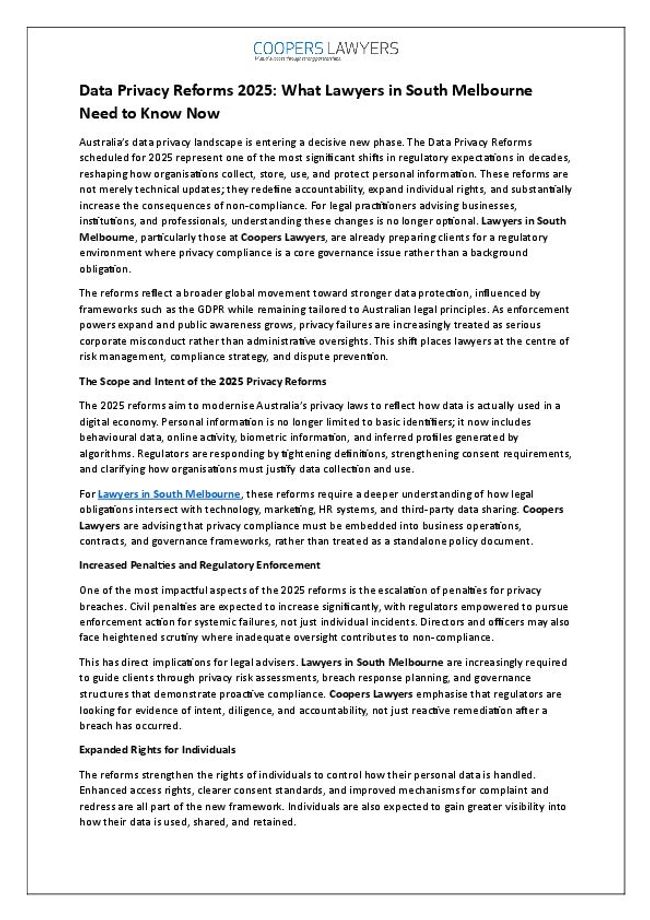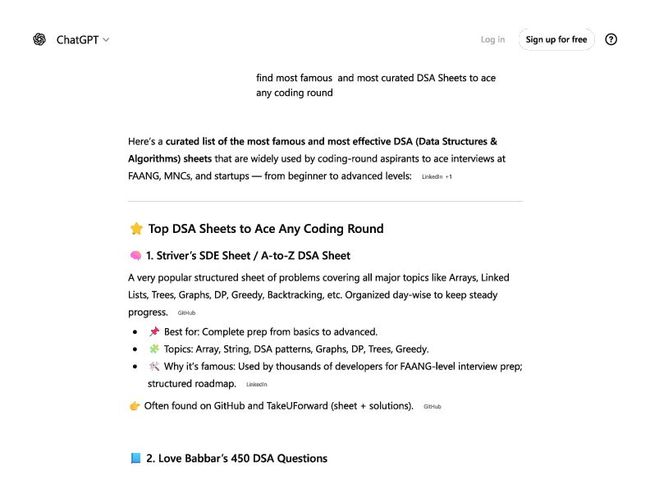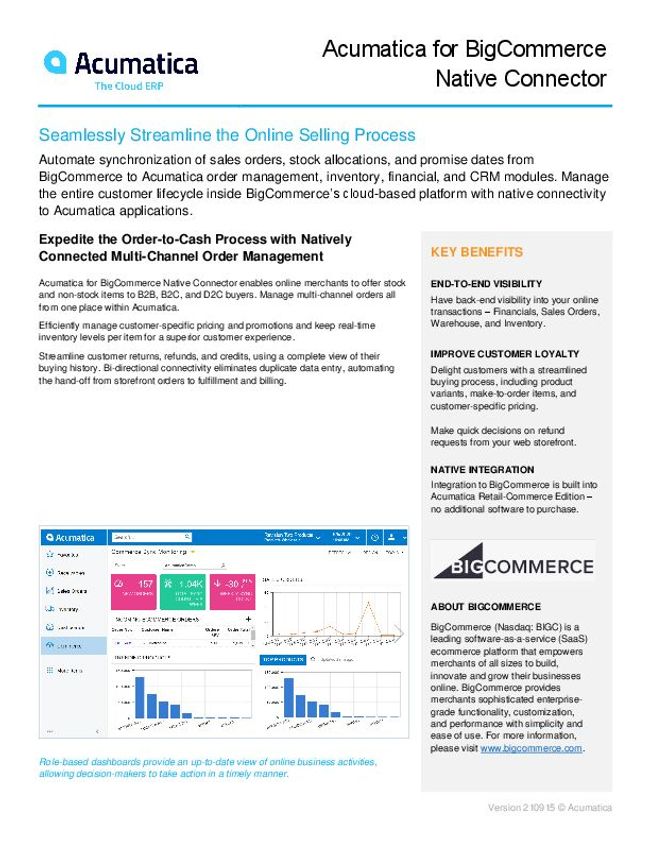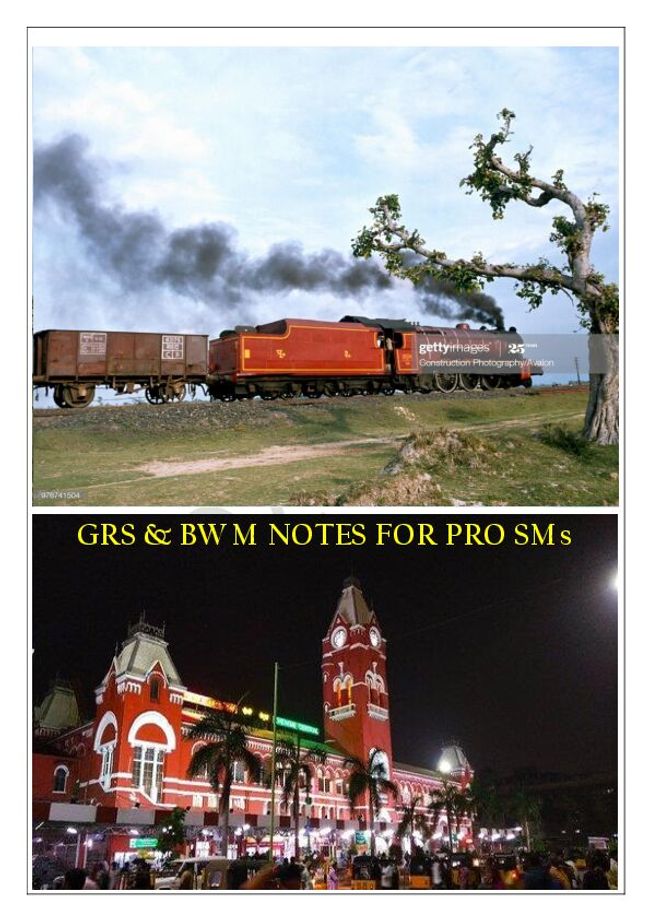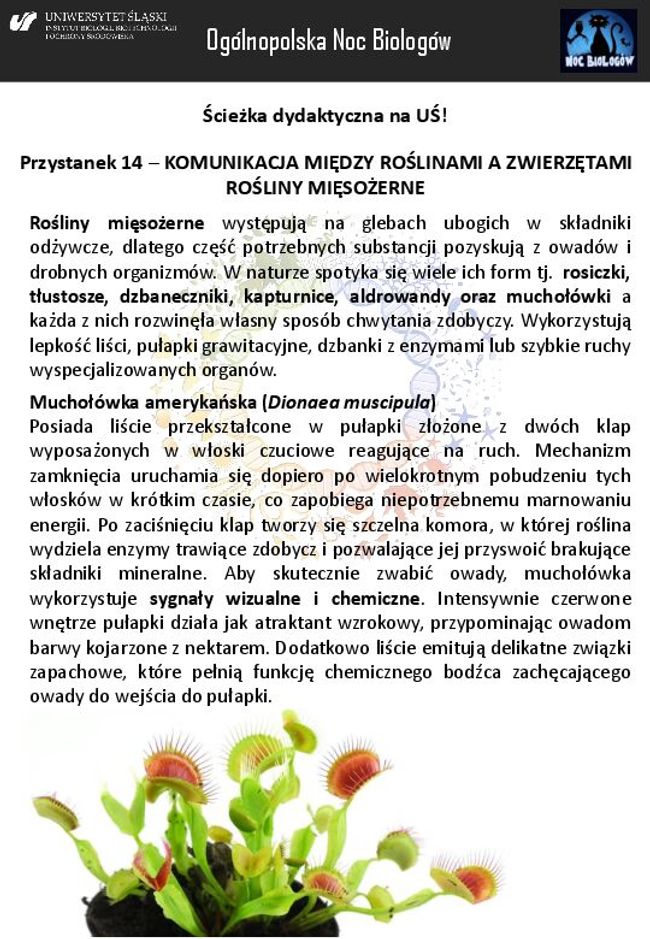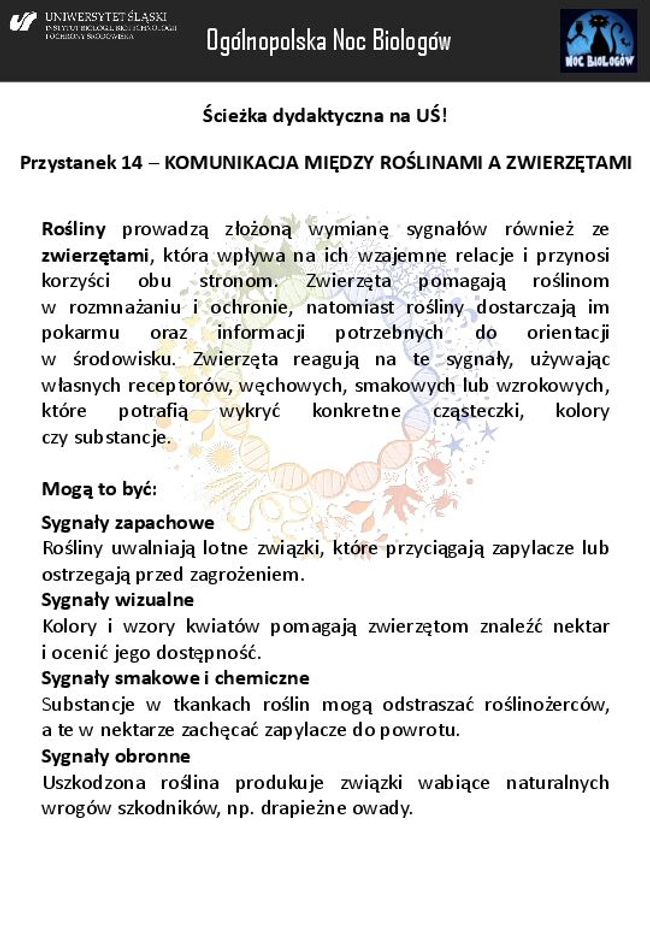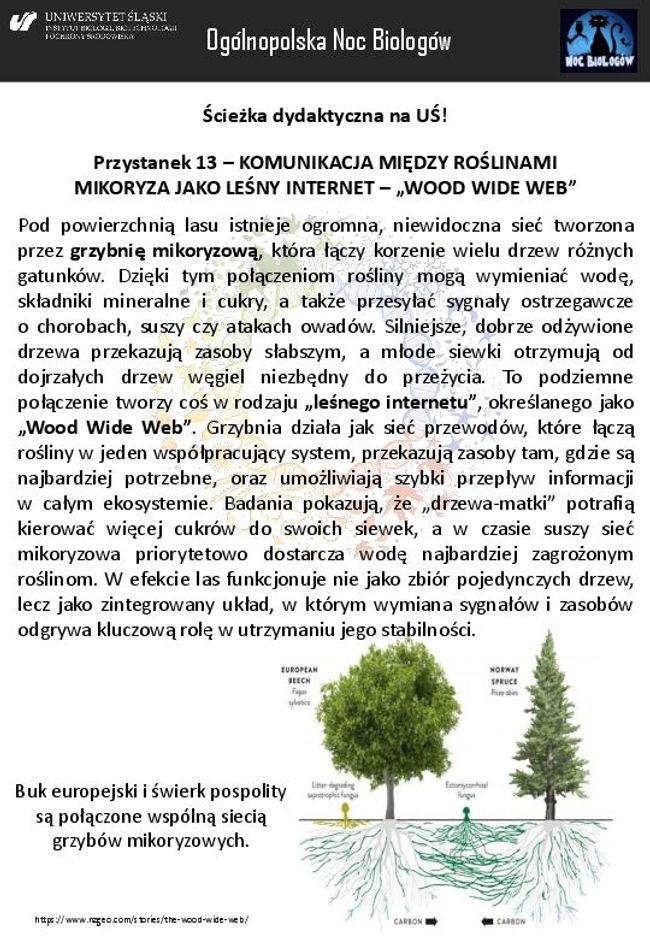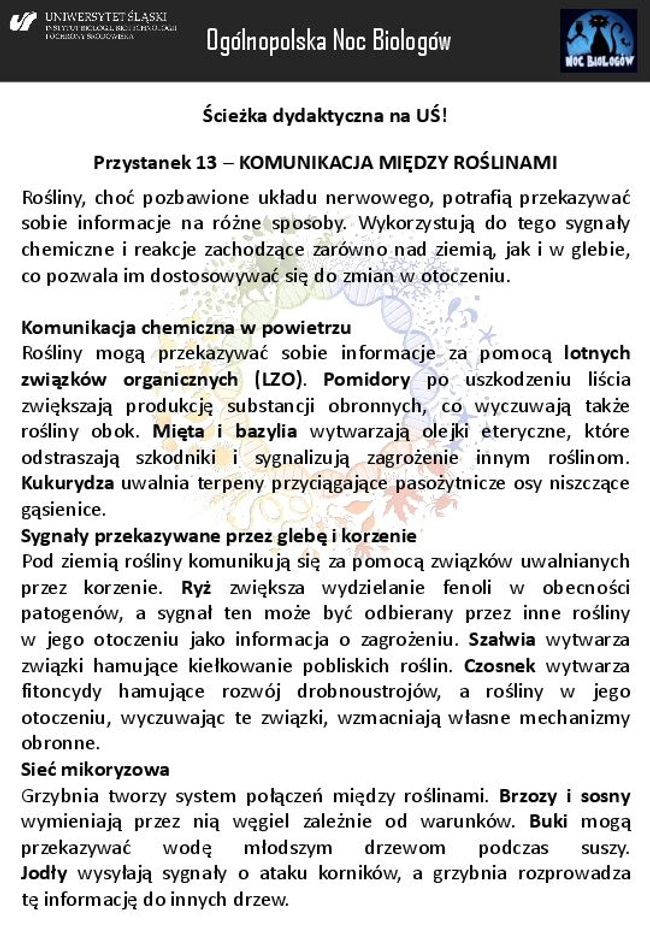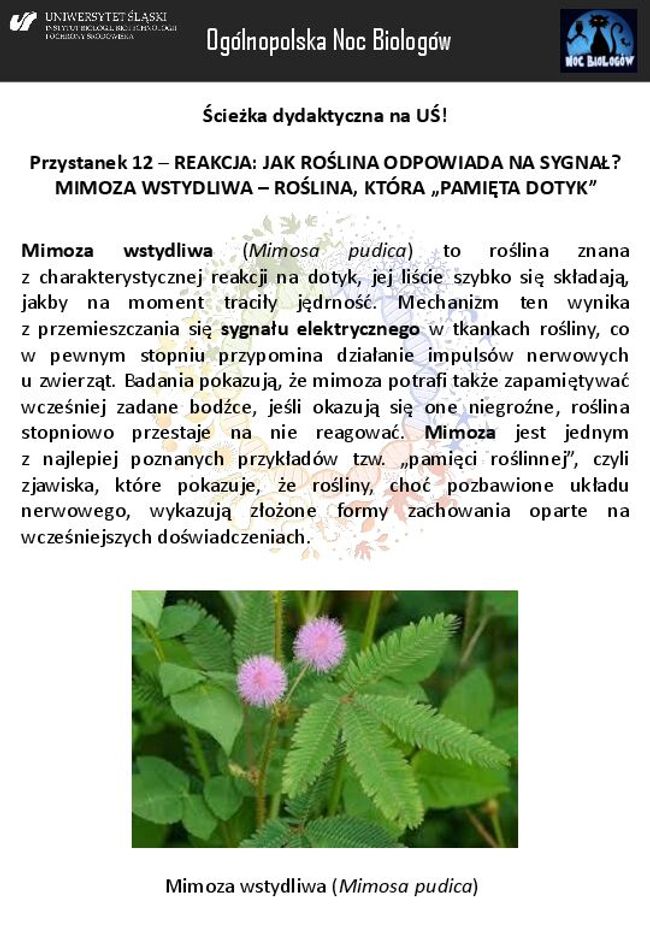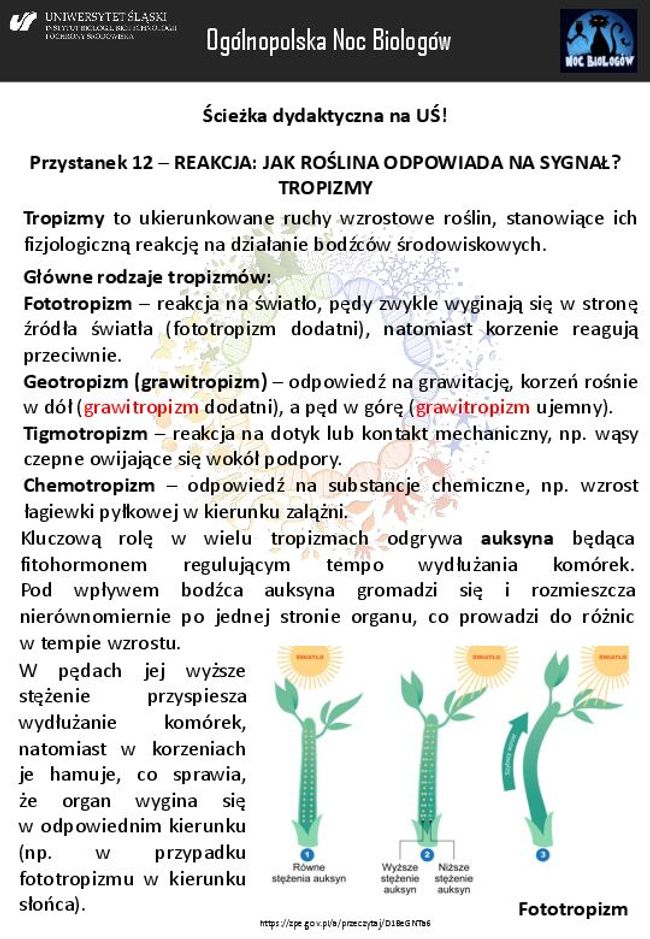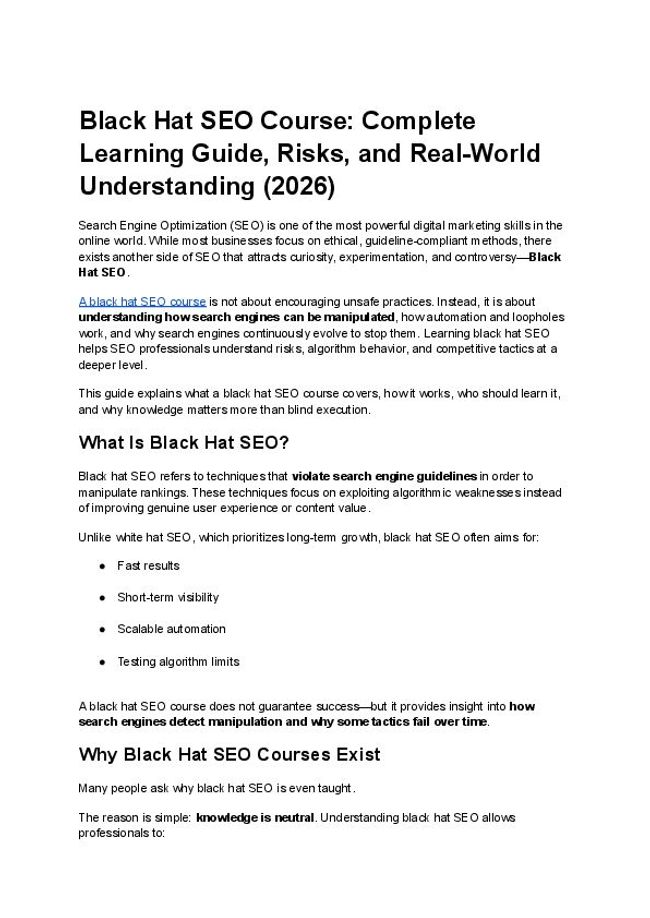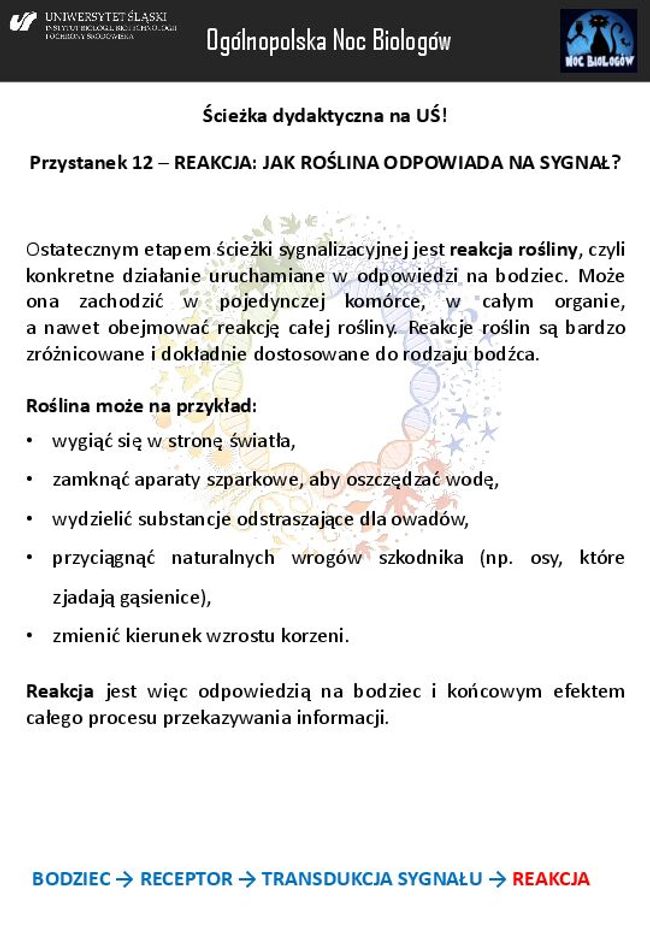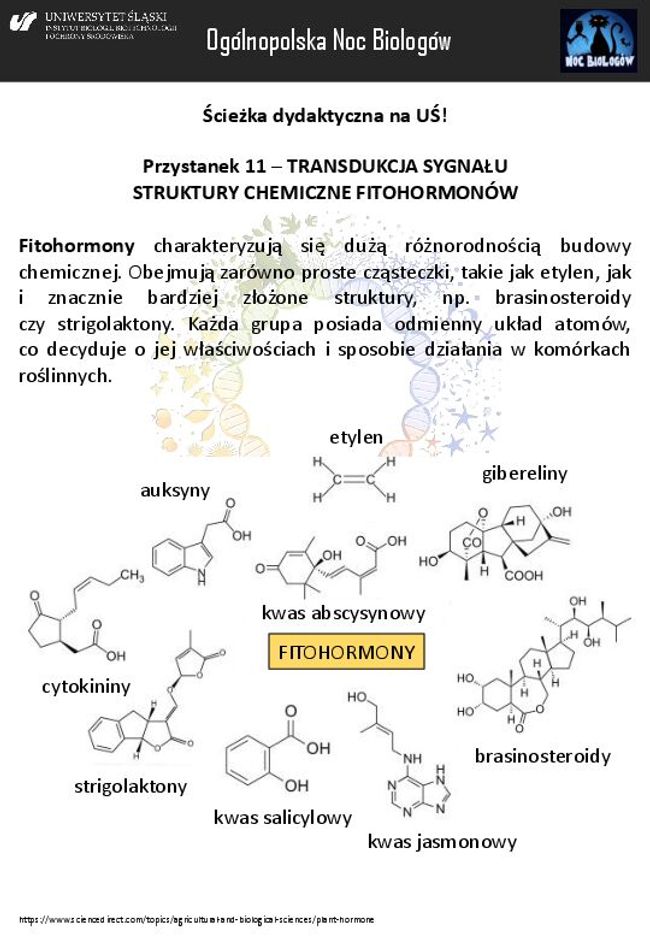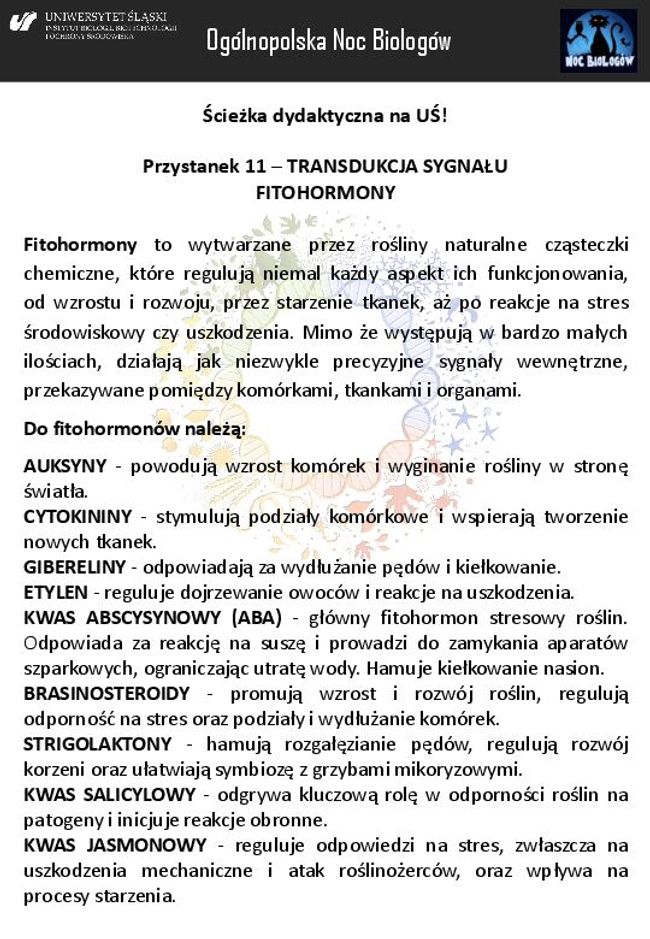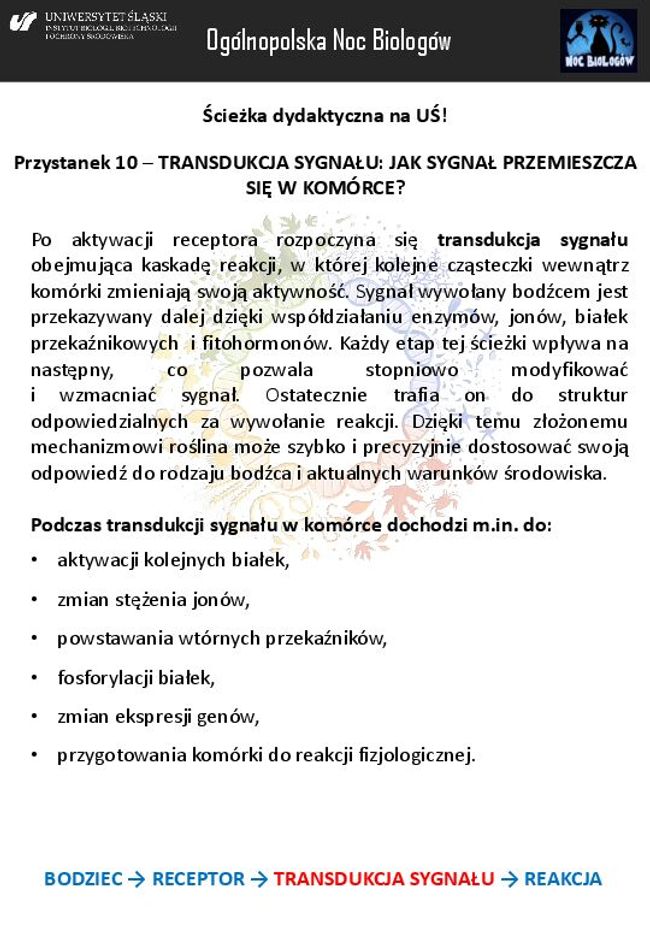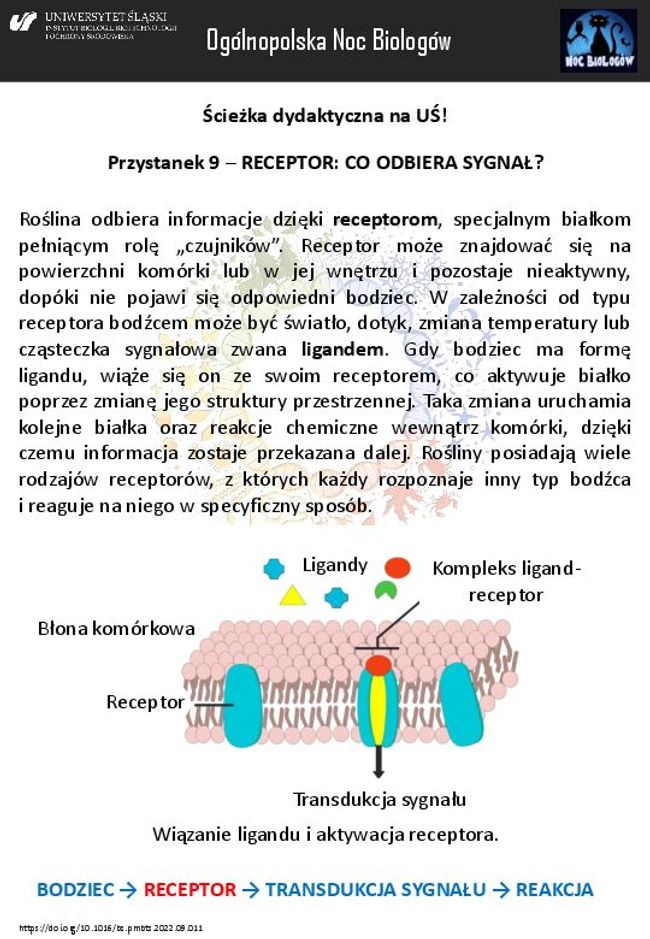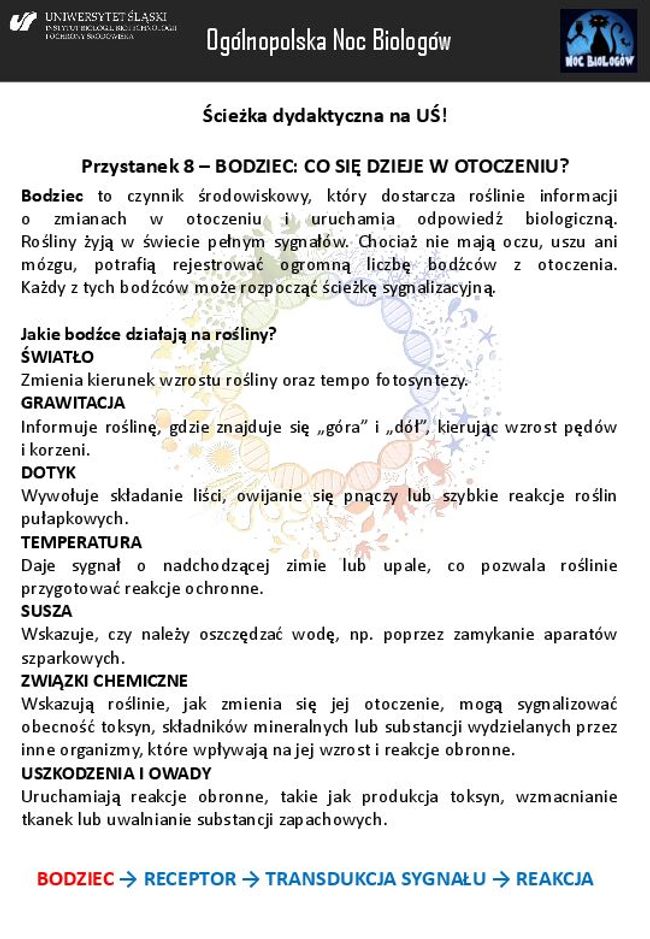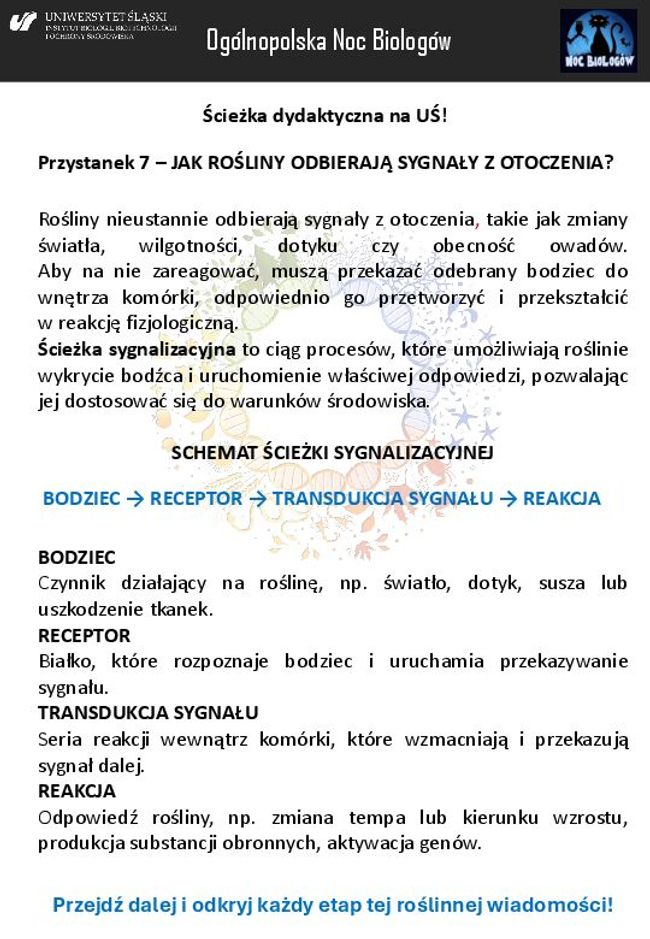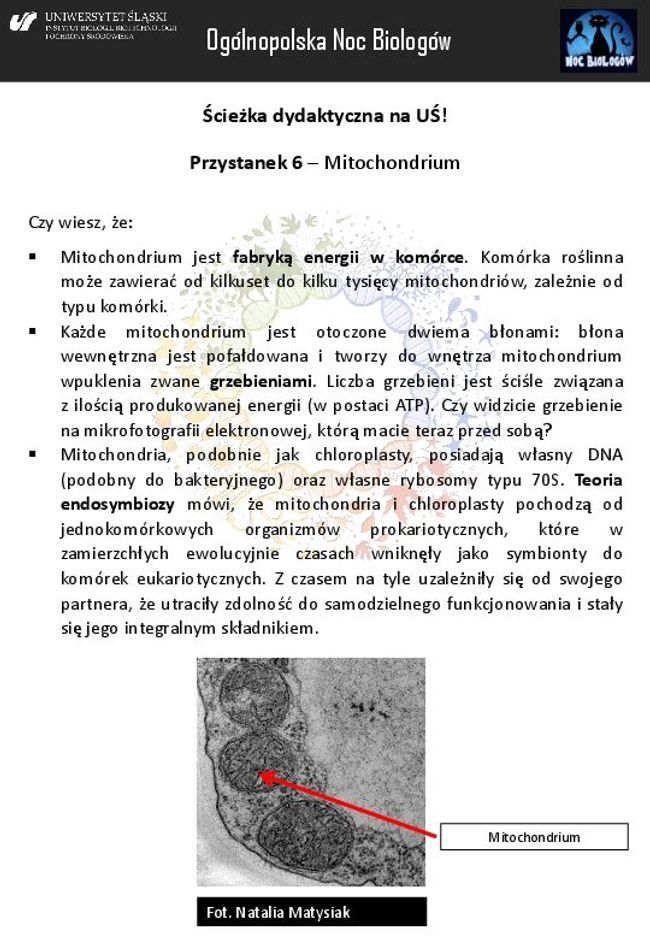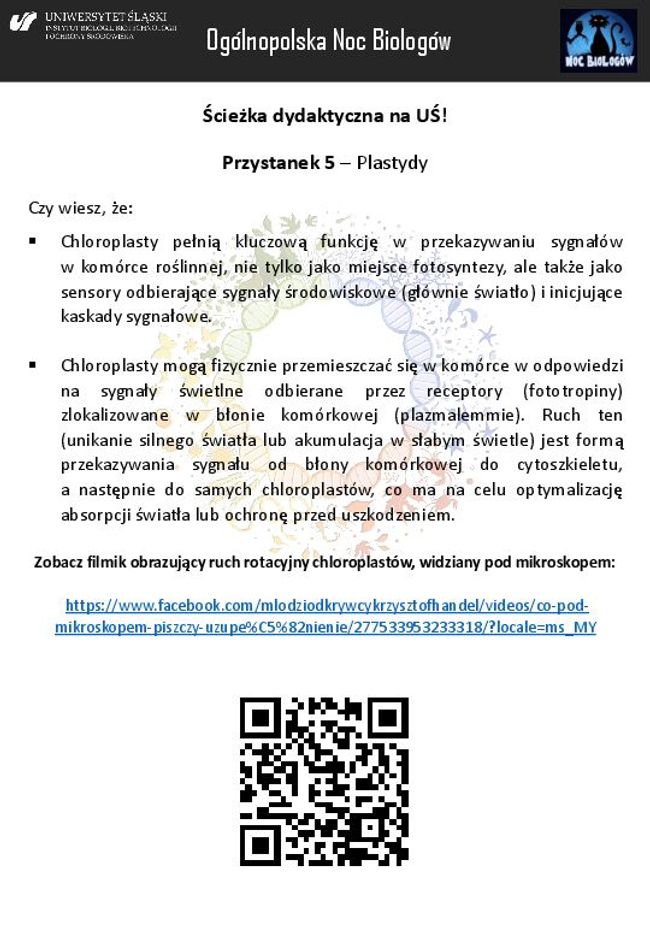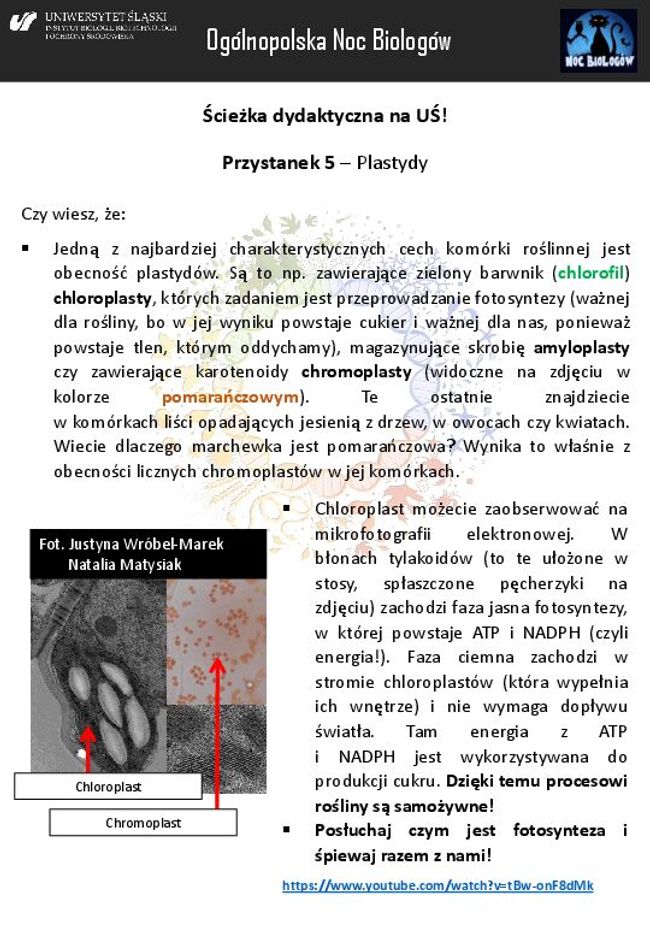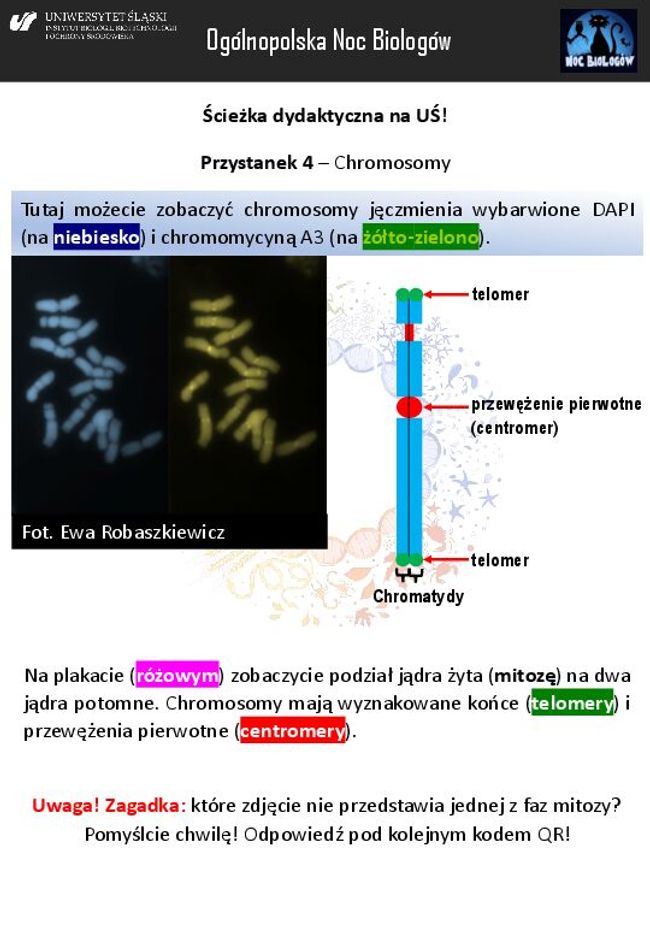Search results (262,149)
ê³µì Ppajung ë°ì´í° ì¤í¬ì¸ ë¶ìì ì¬ì©íì¬ ê²½ê¸° ì§ìì í¥ìíì¸ì 8.pdf
Ppajung 데이터 스포츠 분석을 통해 축구, 농구, 야구, 배구 라이브 스트리밍, 재방송, 상세 통계를 tv7942.com에서 확인하세요. 팬들이 전문가 인사이트와 업데이트로 모든 경기를 놓치지 않고 따라갈 수 있습니다.
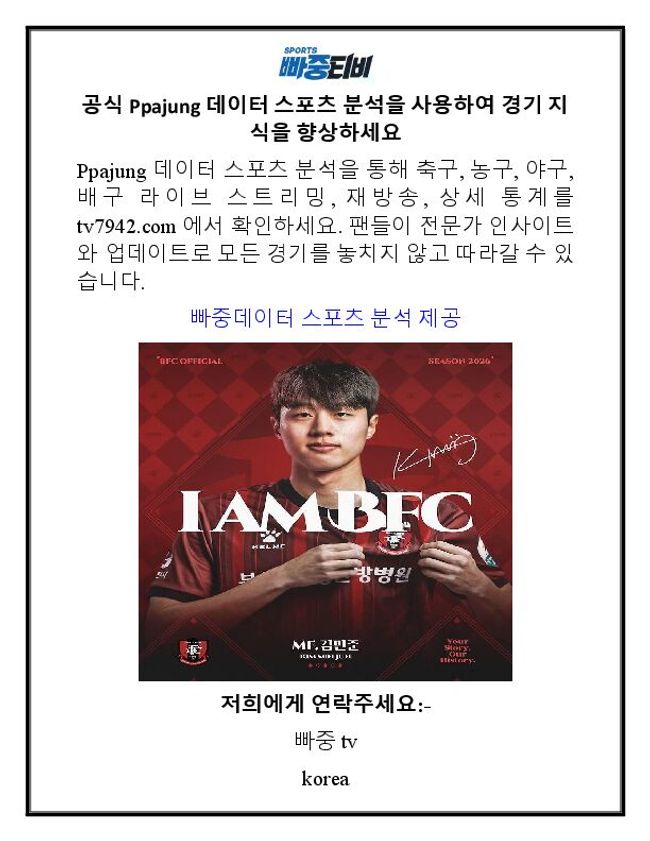
Your Path to Better Mobility Through Expert Orthopedic Treatment
Dr. Murtuza Rassiwala
Your routine, self-esteem, and even your capacity to enjoy basic activities can all be negatively impacted by joint discomfort.

Why Government Compliance Needs a Compliance Management System Built for Transparency and Scale
Government compliance has outgrown manual registers, isolated spreadsheets, and department‑level tracking tools. Today, compliance in the public sector involves hundreds of statutory obligations, continuous regulatory updates, audits, inspections, grievance handling, and administrative accountability. Managing this complexity without a Compliance Management System creates operational blind spots, missed deadlines, and governance risk. As regulatory expectations rise and public scrutiny intensifi
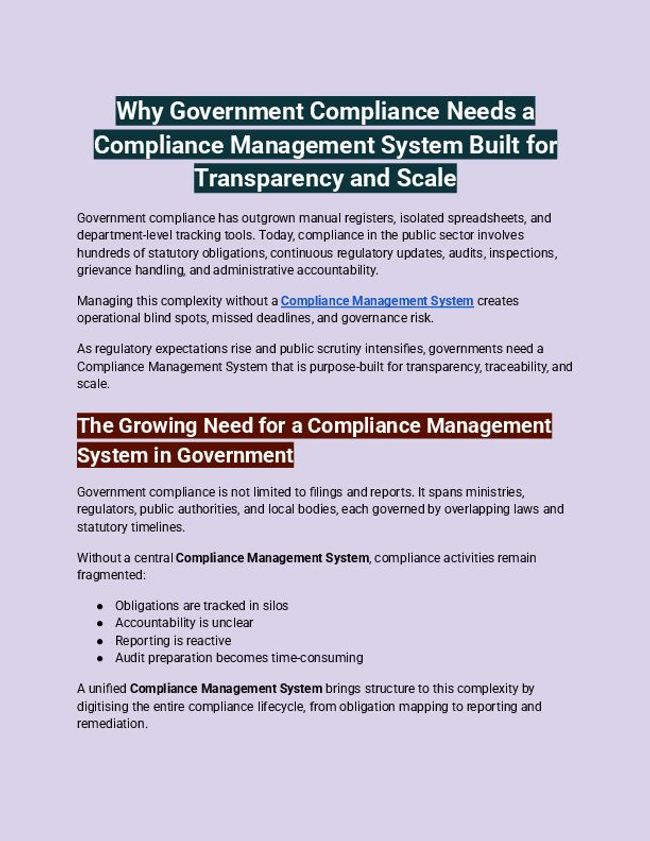
Scholar Academia PDF.pdf
Scholar Academia
https://scholaracademia.in
If you are looking for Best chemistry home tutors for NEET in Gurugram than you have to right place, Scholar Academia provides the best and experienced home tutors from all over India.
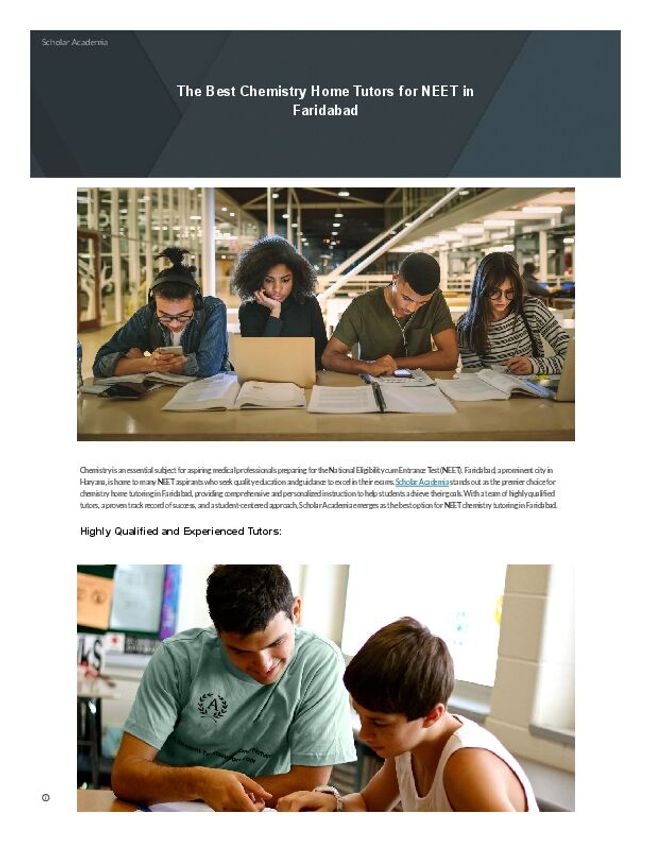
Show Your Racing Spirit with Vintage Nascar Apparel
Find classic Vintage Nascar tees, jackets, and sweatshirts celebrating American racing culture, perfect for collectors and fans, all curated and refreshed regularly at vintagerareusa.com for authentic vintage style.

Data Privacy Reforms 2025 - What Lawyers in South Melbourne Need to Know Now
Coopers Lawyers encourage clients to treat privacy reform as an opportunity rather than a burden. With strategic legal guidance, businesses can build trust, improve data governance, and strengthen their market position. For Lawyers in South Melbourne, the reforms represent a growing area of advisory work that blends regulatory expertise with commercial insight. Visit: https://cooperslawyers.com.au/lawyers-south-melbourne
